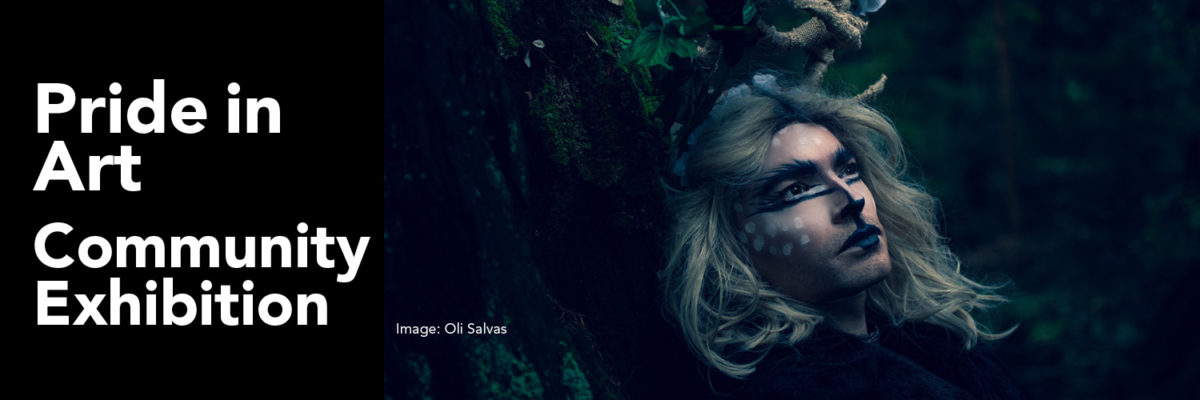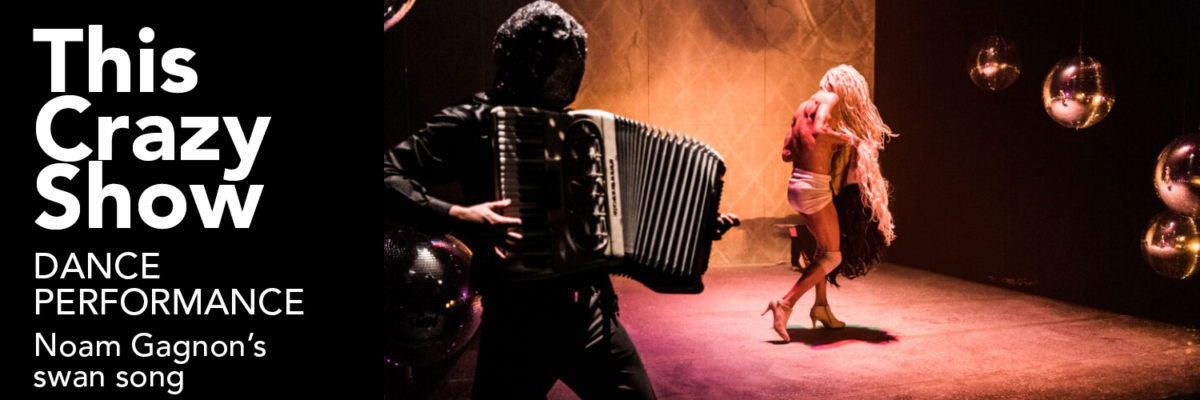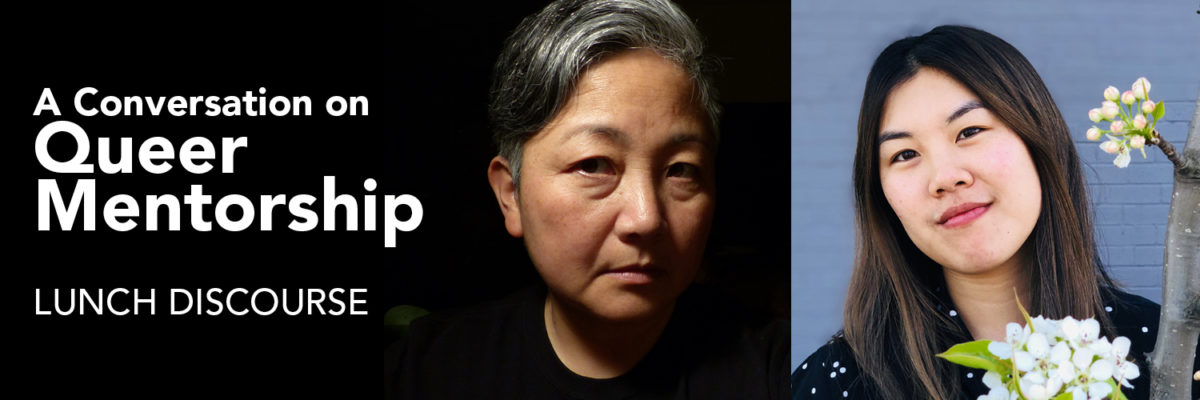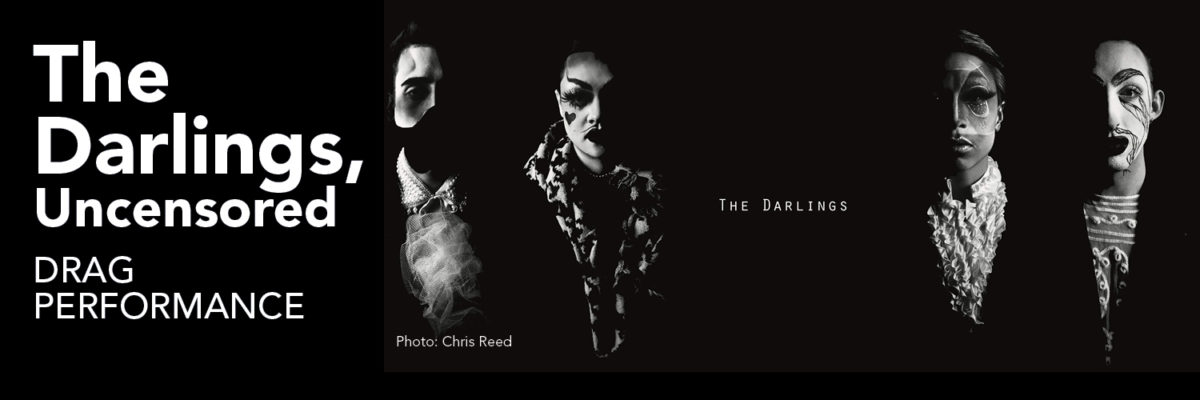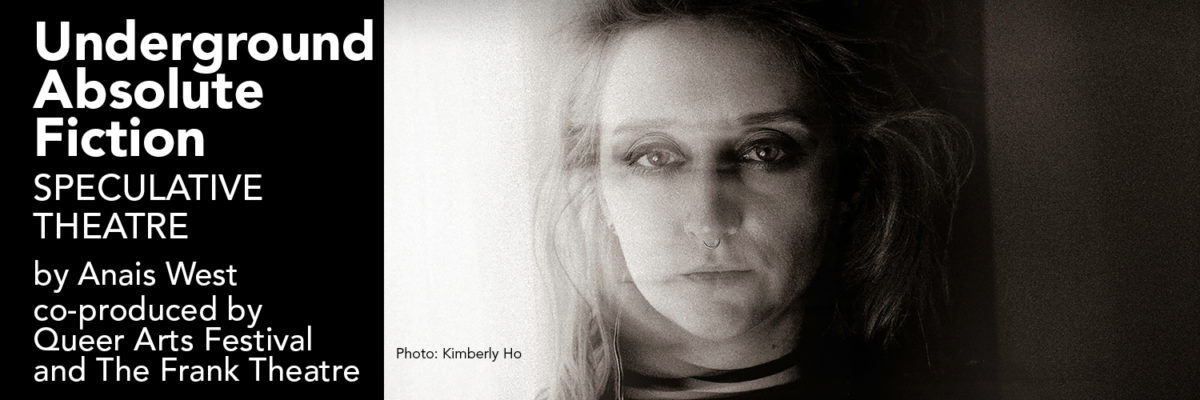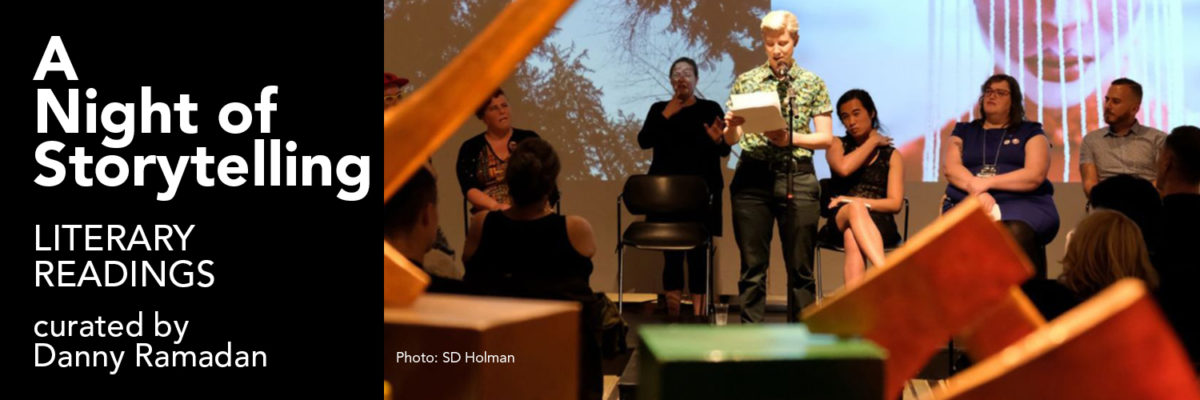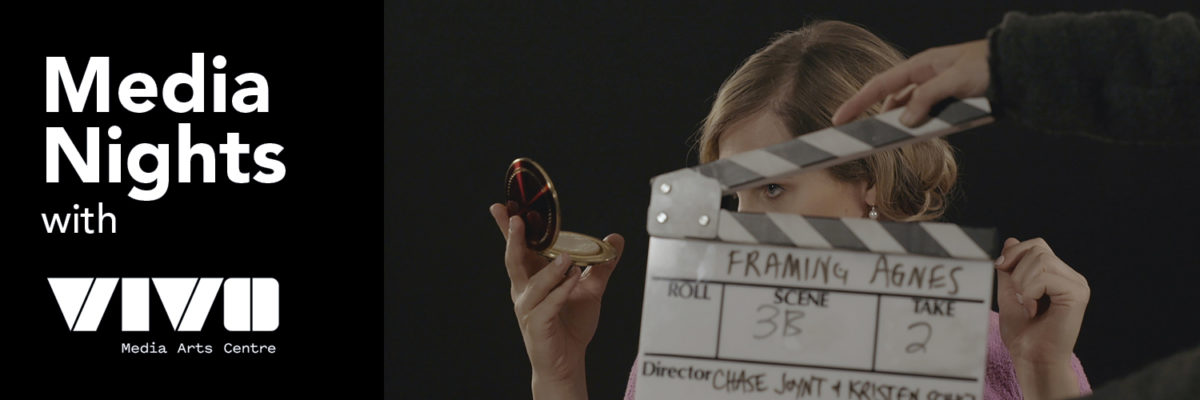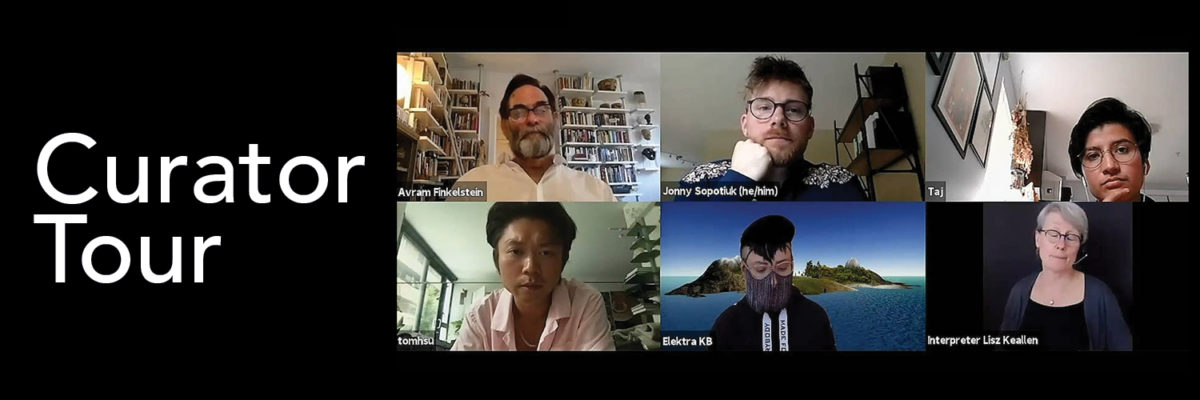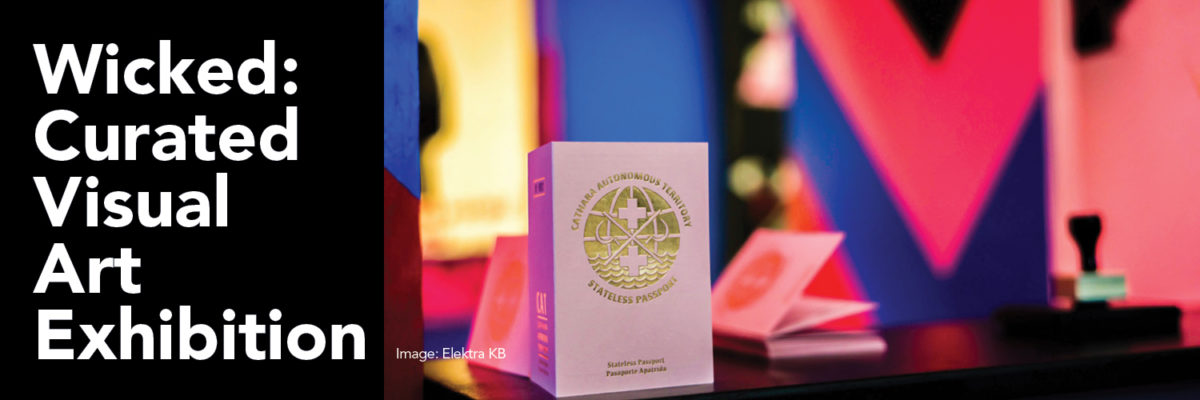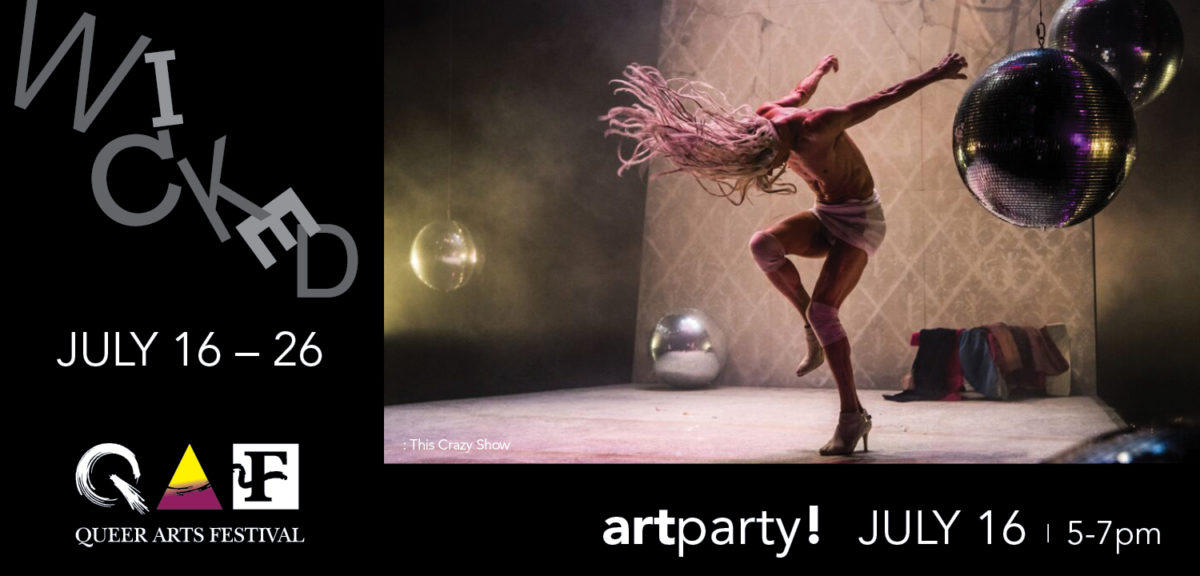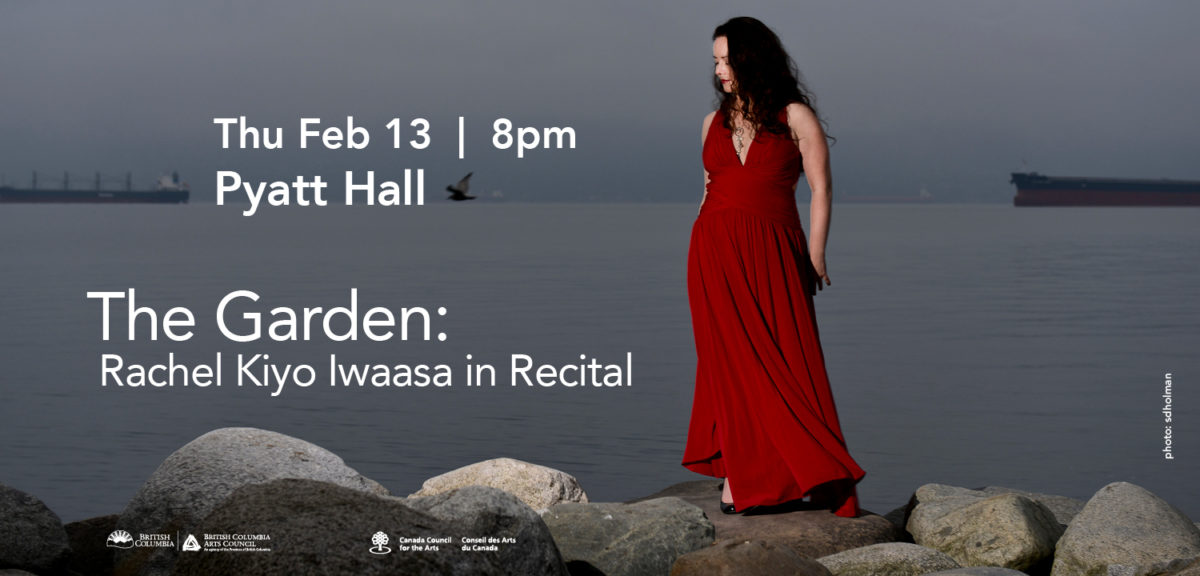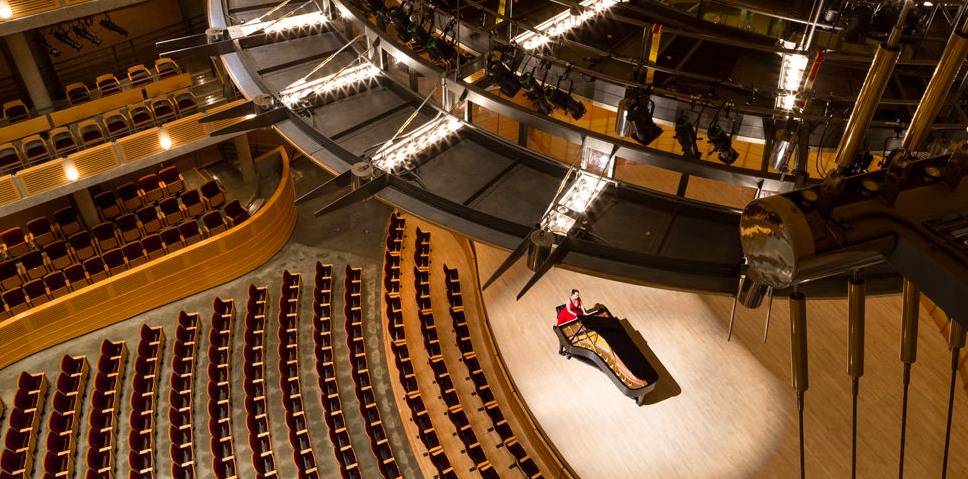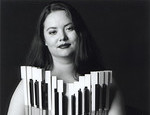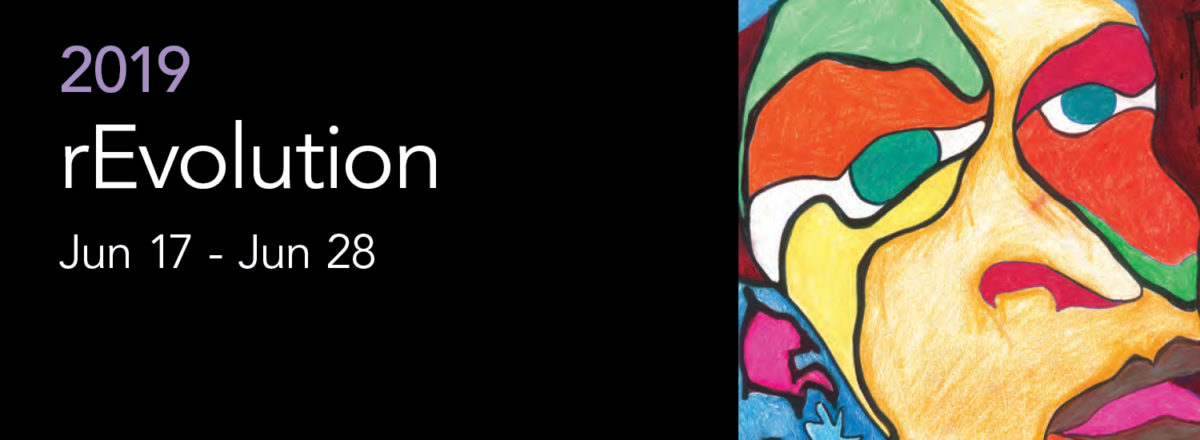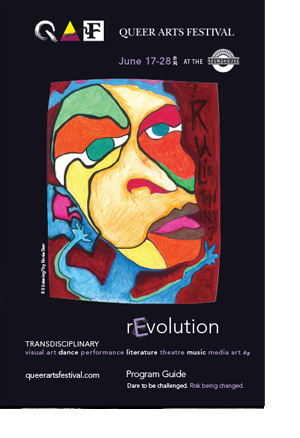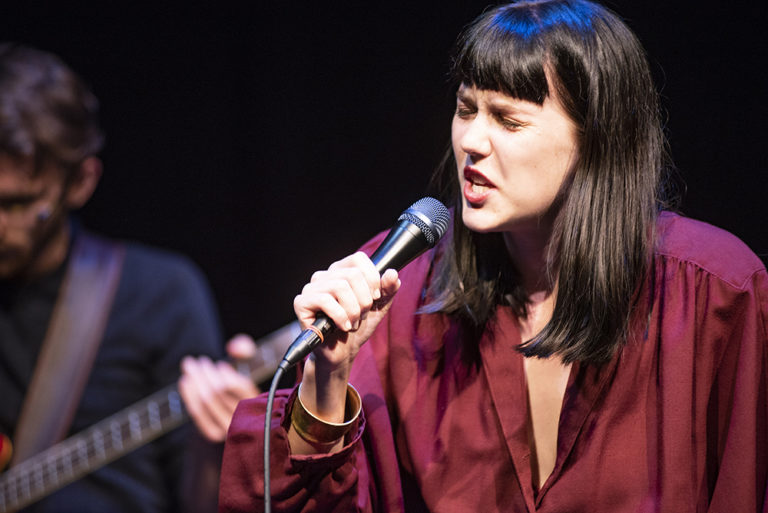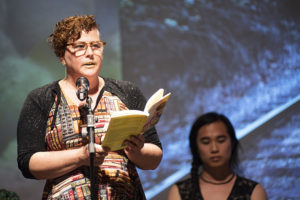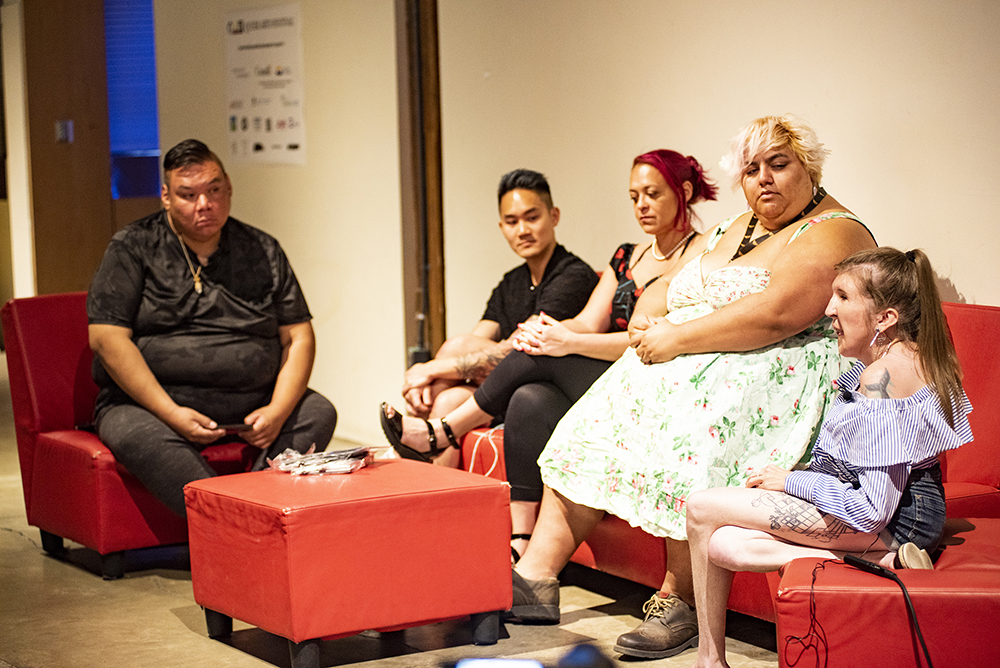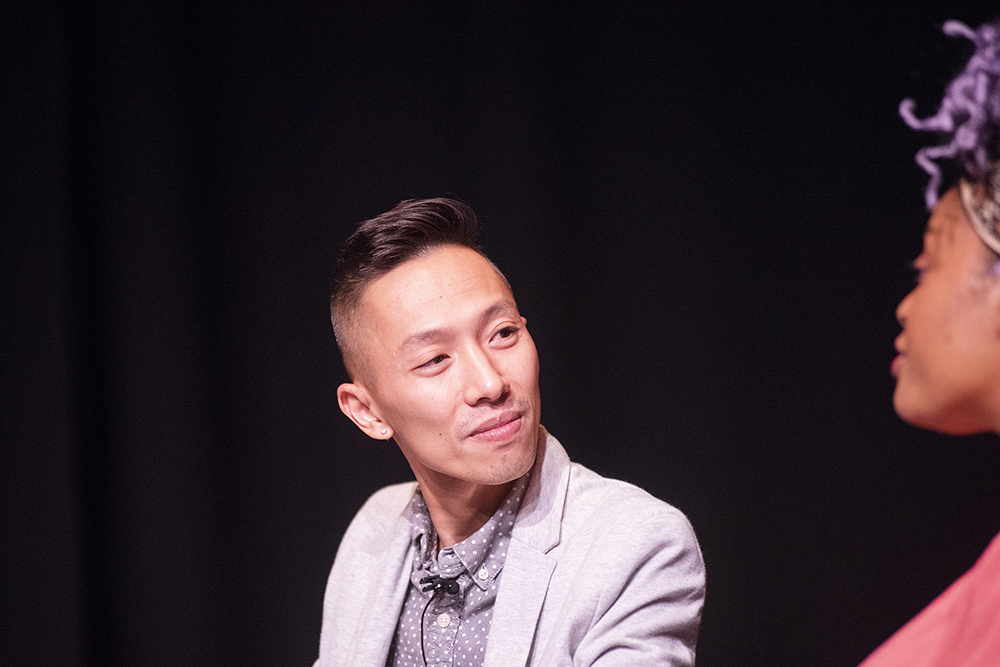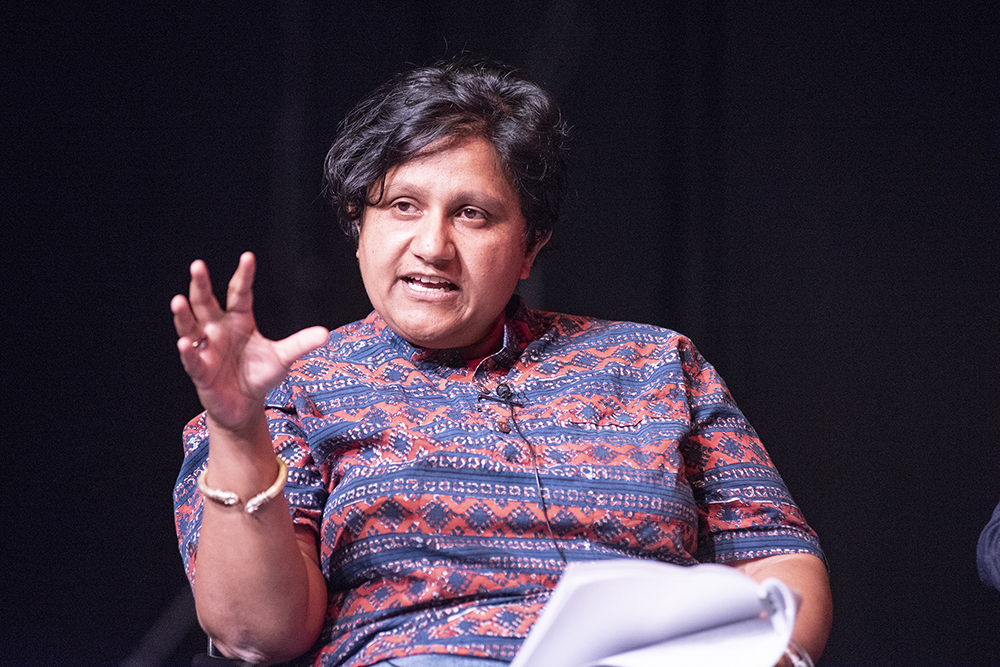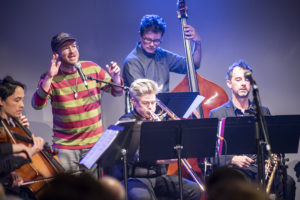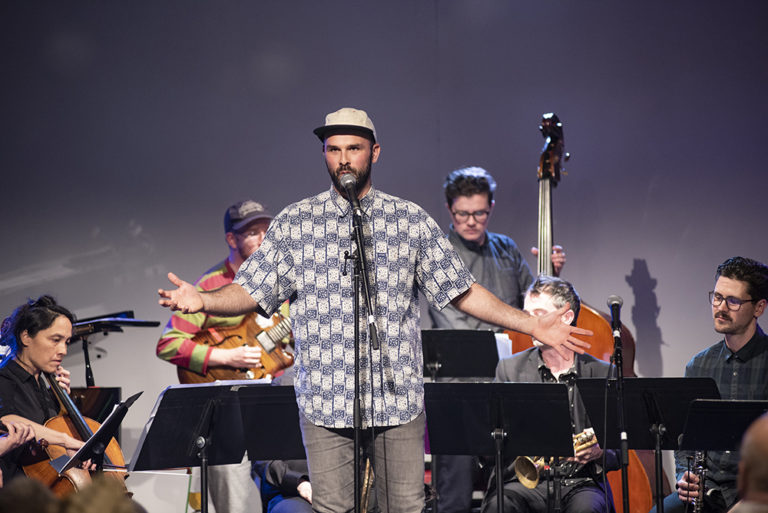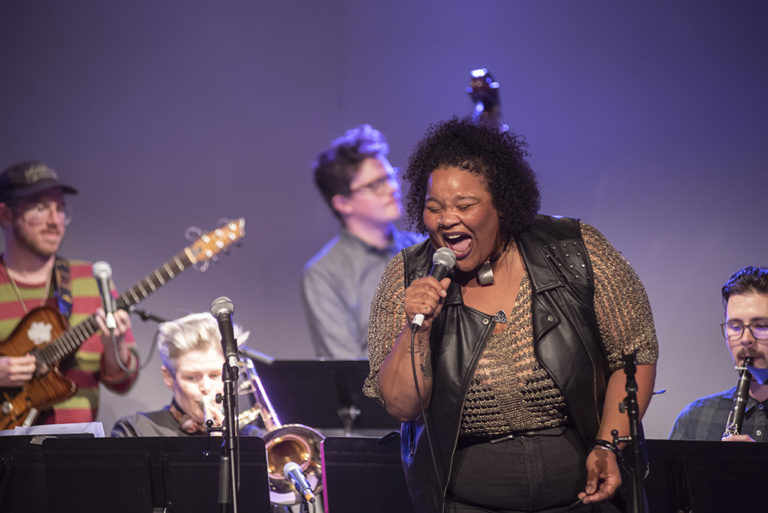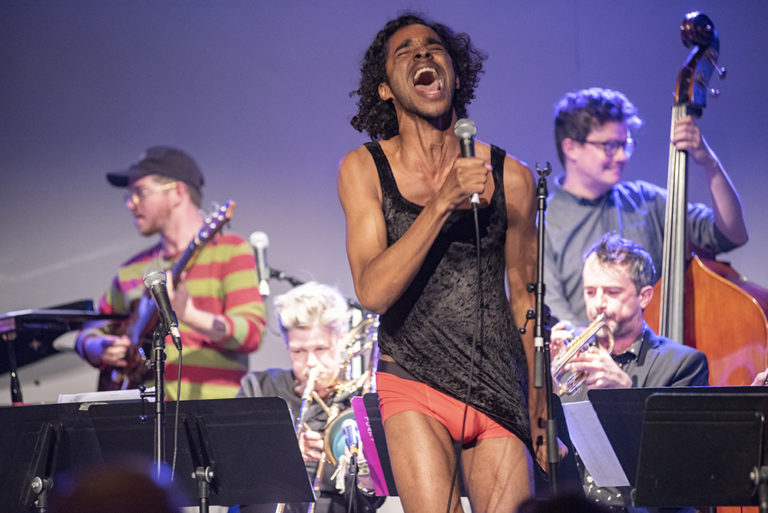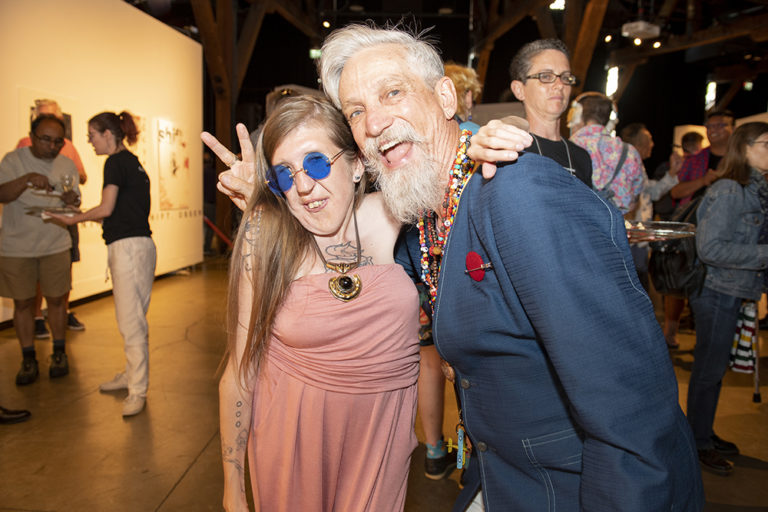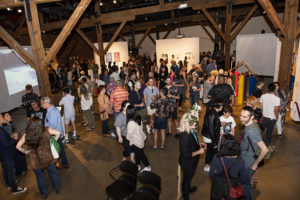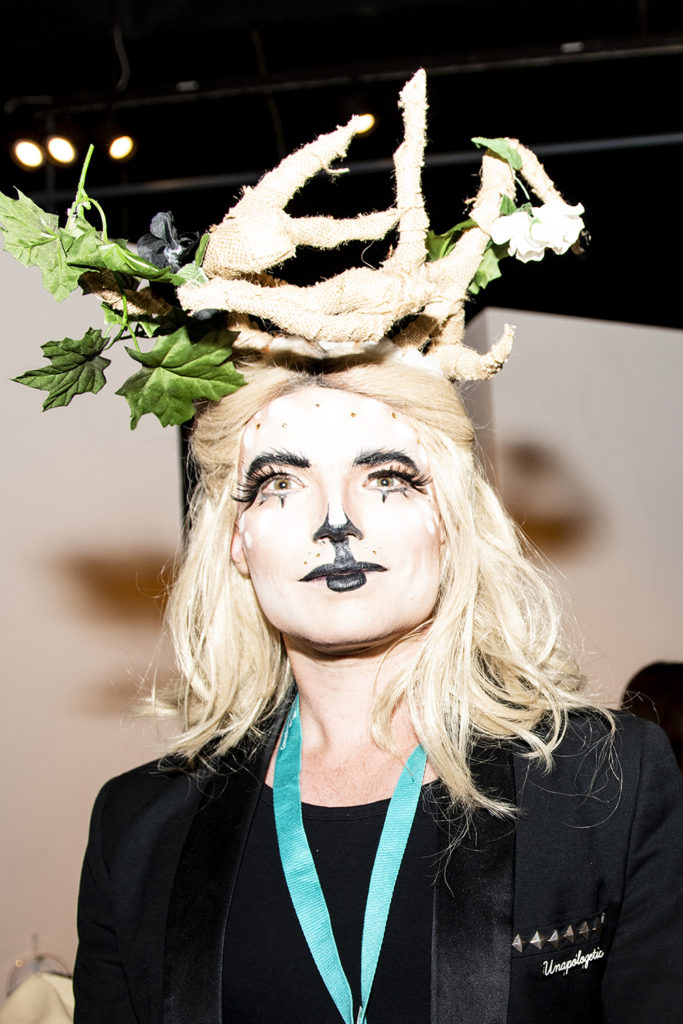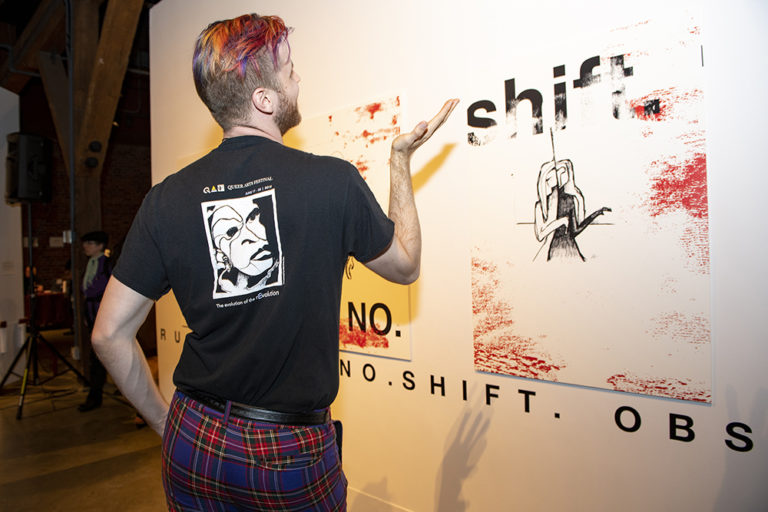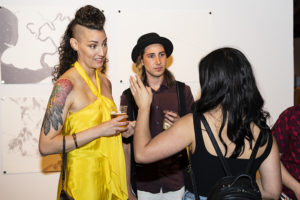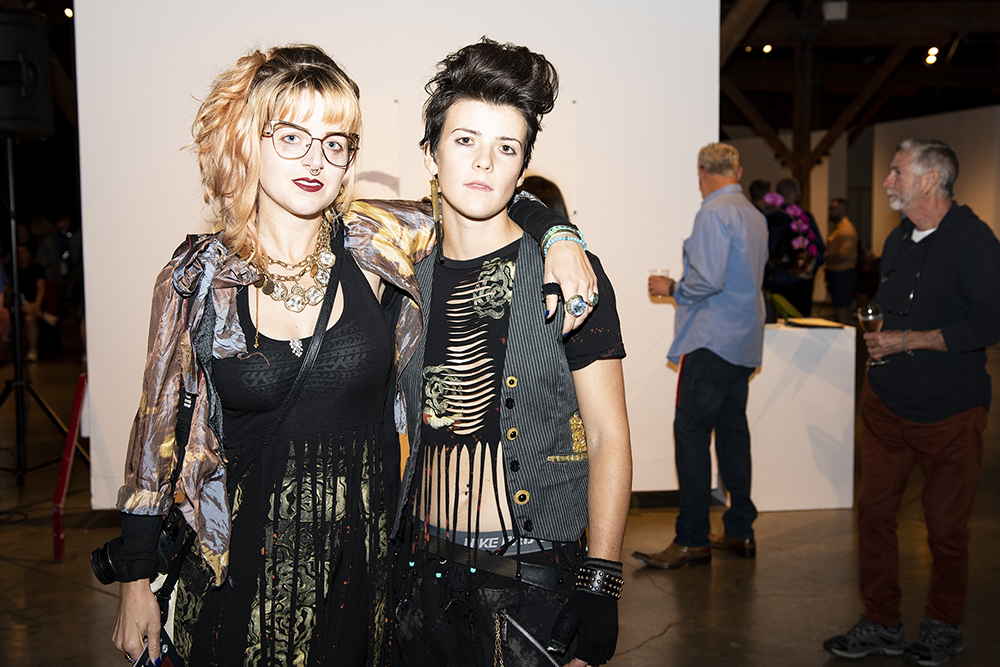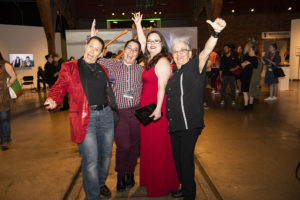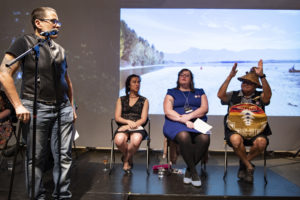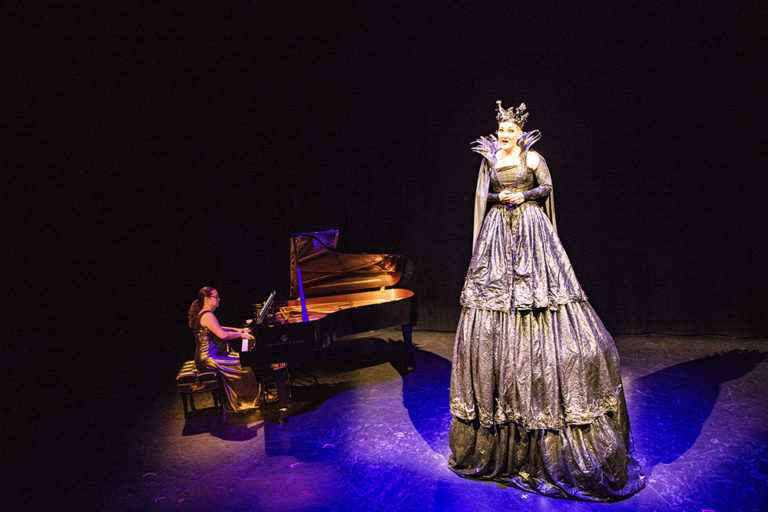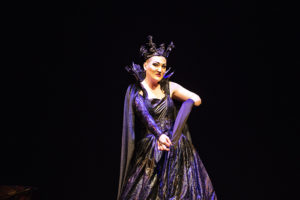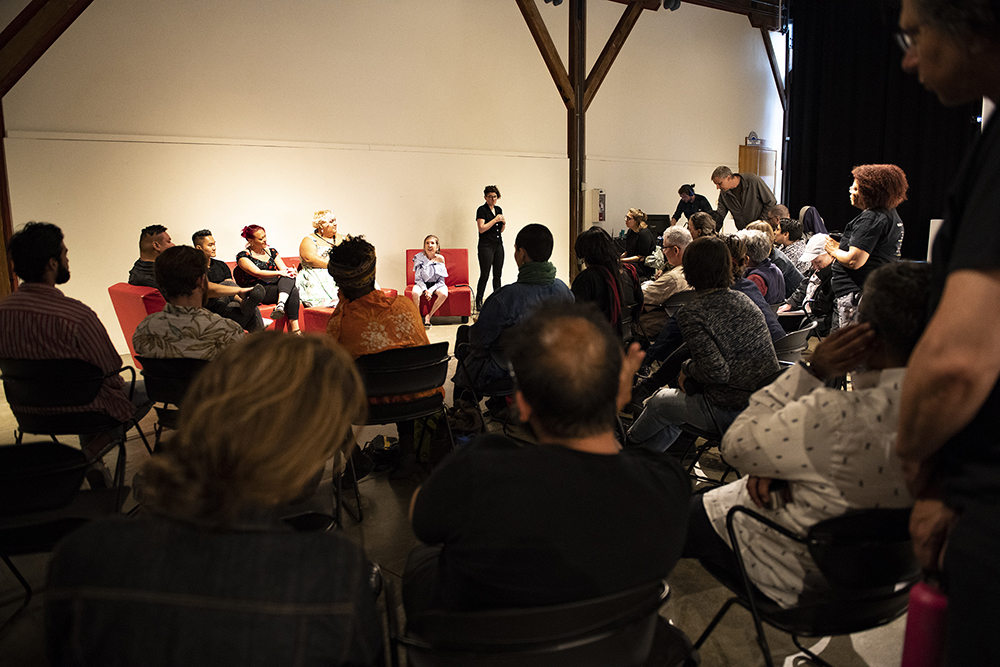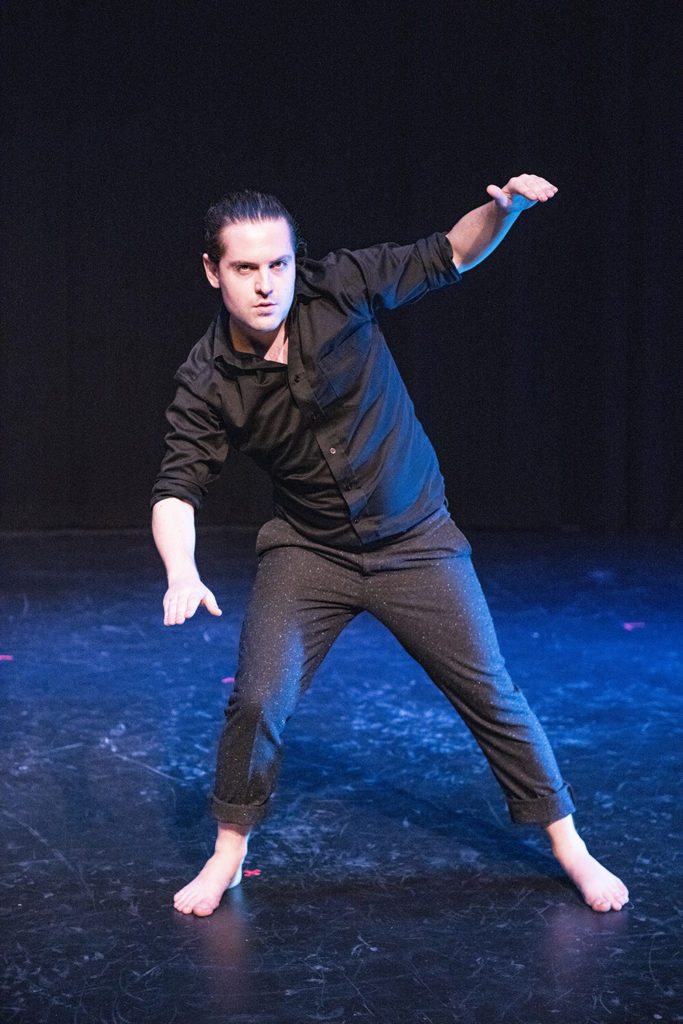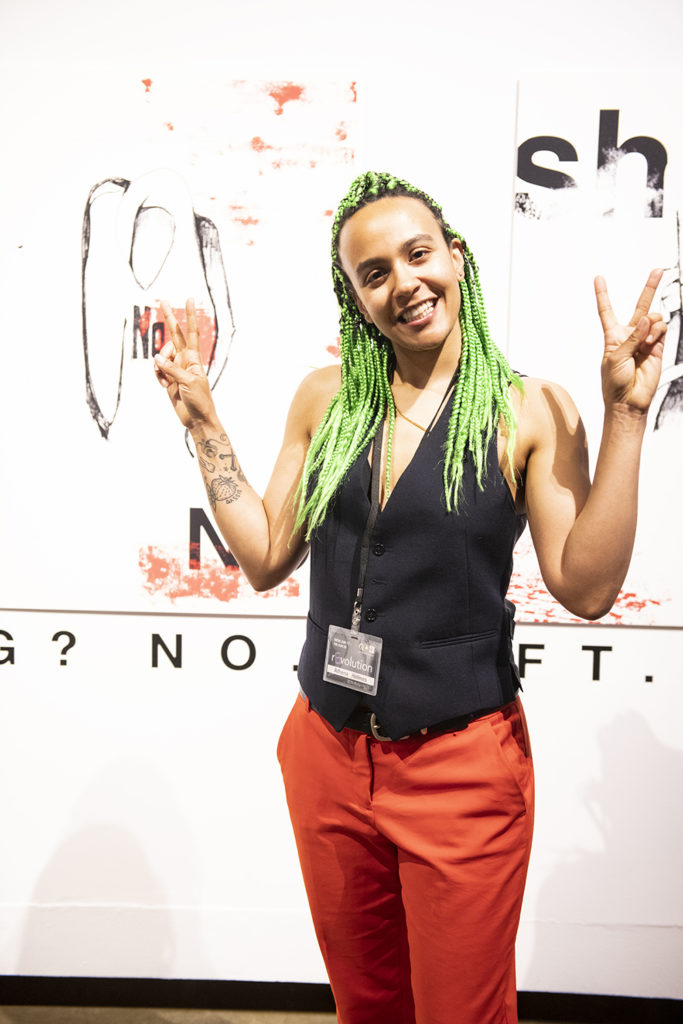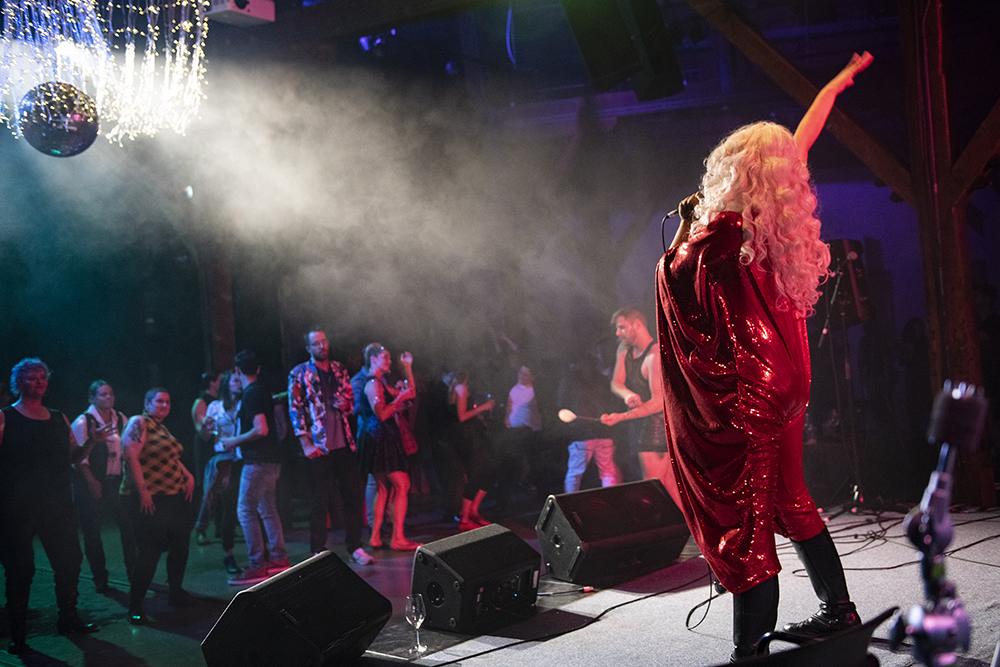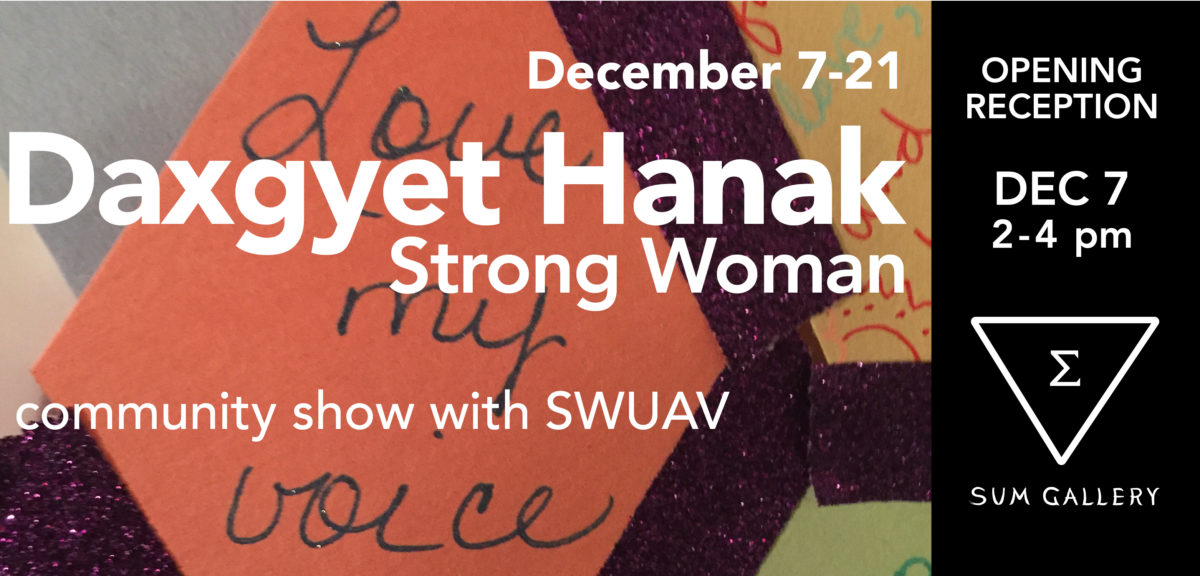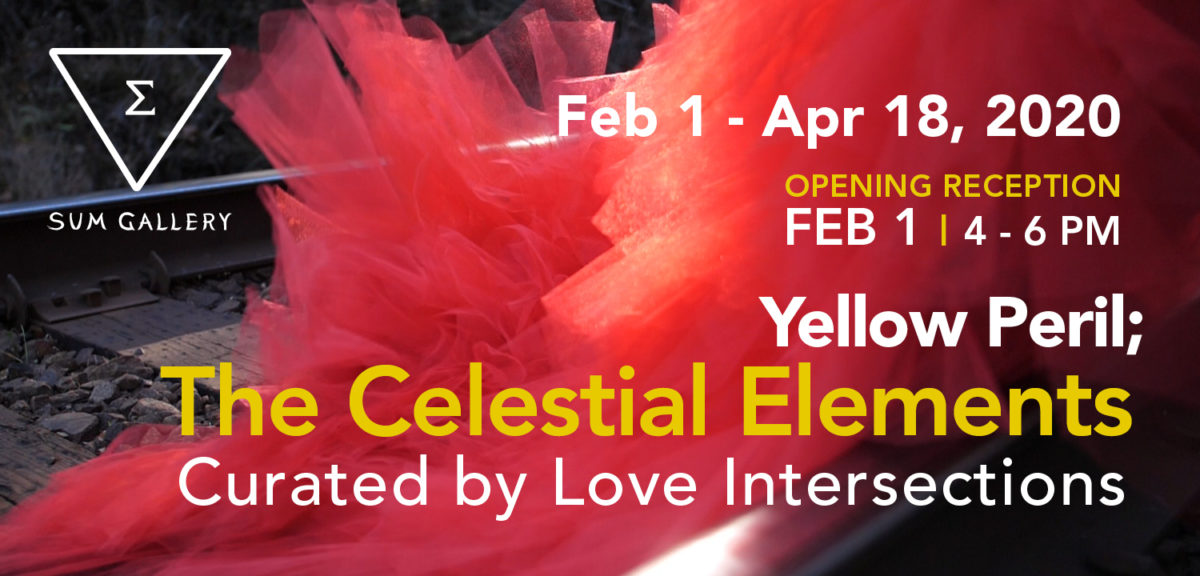Curated by Jonny Sopotiuk | July 16 – 26 | 
Curator Statement
Queer life is a reality of ongoing survival. From government and societal oppression, to family rejection and social isolation our memories and experiences have been defined and shaped by the structures that are designed to contain us.
Our identities and experiences are mediated. Living is a constant battle against and with these systems of containment.
Wicked brings together a multigenerational group of artists living and producing work across Canada and the United States as they explore the body, community, and architecture of homonormativity.
In 2020 we’re learning to live through a new form of containment during a global health pandemic. Our long fight for recognition and the foundations of community infrastructures that we created to sustain us are being fundamentally questioned.
We’re now asked to rethink how we build individual and collective responses to queer and trans trauma and erasure?
With new connections and intimacy now mediated by requirements to shelter in place, artists critically examine our communities’ oppression and expose implications of complicity in the homonormative systems created to contain us.
— Jonny Sopotiuk.
Jonny Sopotiuk is a visual artist, curator and community organizer living and working on the Unceded Indigenous territories belonging to the Musqueam, Skxwú7mesh-ulh Úxwumixw (Squamish) and Tsleil-Watututh peoples in Vancouver, British Columbia, Canada. His interdisciplinary practice explores compulsion and control through the lenses of production, labour, and work. Jonny is the President of the Arts and Cultural Workers Union (ACWU), IATSE Local B778, Vice-President of CARFAC BC and a founding member of the Vancouver Artists Labour Union Cooperative or VALU CO-OP.
Artist Panel Discussion chaired by Jonny Sopotiuk with participating artists Tom Hsu, Avram Finkelstein, Elektra KB, and Tajliya Jamal.
Following our official welcome, guest visual art curator Jonny Sopotiuk gives a virtual tour of the Curated Visual Art Exhibition joined by guest artists.
Tom Hsu is a studio-based visual artist whose works seeks to investigate the curious condition of spaces, and their correlation to the bodies that attend them, as communicated through the photography of the everyday mundane. He comes from a base in analog photography, and this stability allows him to extend into made, found, and choreographic sculpture, all of which deal with the everyday mundane. He currently lives and works in Vancouver and holds a BFA in Photography from Emily Carr University of Art + Design. He undertook a residency at Burrard Arts Foundation from April to June 2018. He has exhibited at Centre A, Unit/Pitt, Index Gallery, and Yactac Gallery in Vancouver.
Avram Finkelstein is a founding member of the Silence=Death and Gran Fury collectives. His work is in the permanent collections of MoMA, The Whitney, The New Museum and The Brooklyn Museum. He is featured in the artist oral history at the Smithsonian’s Archives of American Art, and his book, “After Silence: A History of AIDS Through its Images” was nominated for a Lambda Literary Award in Nonfiction, and an ICP Infinity Award in Critical Writing.
Elektra KB is a Latinx immigrant artist, living and working in Brooklyn, NY. They graduated with an MFA from Hunter College in 2016 and received a DAAD award, pursued at UDK—Berlin with artist Hito Steyerl. Their work engages corporeal sickness and disability, with utopian possibilities and alternative universes. KB investigates: gender, migration, transculturality, and abuse of power. Their work entangles mutual aid, political action, and communication, often with a documentarian-sci-fi-like hybrid approach, exploring utopia and dystopia. Across: photography, textiles, video, installation and performance. KB’s work has been written about in: Art Forum, Artnews and The New York Times. Recent shows include: ‘Nobody Promised You Tomorrow’ at the Brooklyn Museum.
Tajliya Jamal is a queer, mixed-race artist of Cantonese and Indian heritage. She uses illustration, text, and storytelling, often to highlight relationships between race, sexuality, and (in)visibility. Focus on pattern and detail aim to involve viewers more intimately.
Born and raised on Coast Salish Territory, Shanique (also known as Softieshan) is a DJ and event producer widely known for her femme-forward, hip hop heavy sets. She founded ‘LEVEL UP’, the city’s only QTBIPOC centred hip hop dance party, and works adamantly to carve out community space for folks who exist within marginalized communities. Softieshan is a resident DJ at the Fox, the American, The Boxcar and has recently embarked on a new initiative “Cue Club” which offers low barrier DJ and professional development workshops for women, LGBTQ2+, disabled and BIPOC folks in a fun and supportive environment.
This Event is ASL Interpreted.
